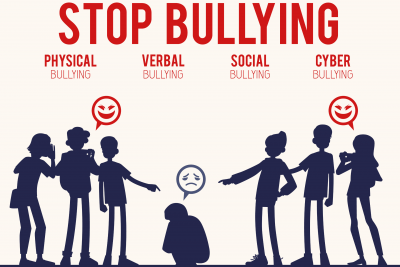Bullying at School: Resources and the Rights of Students with Special Needs
A Brief Overview Full Article Students with disabilities who are bullied at school have legal protections, and schools have added responsibilities to ensure their safety and well-being. When acts of bullying involve discrimination based on disability, race, sex, or religion, federal agencies classify those acts as harassment. The Office for Civil Rights (OCR) and the Read More

